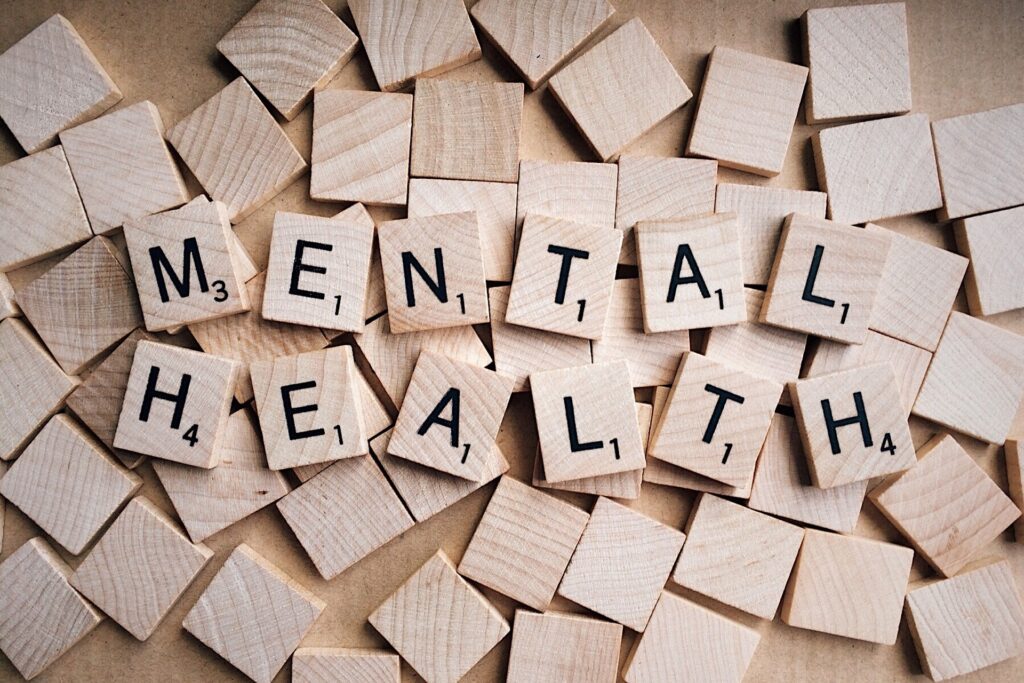
1. Prevalence of Mental Health Issues:
Mental health disorders are common worldwide. According to the World Health Organization (WHO), one in four people will be affected by mental or neurological disorders at some point in their lives.
2. Diverse Range of Disorders:
Mental health encompasses a broad spectrum of conditions, including anxiety disorders, depression, bipolar disorder, schizophrenia, and eating disorders. Each has its own unique symptoms and challenges.
3. Stigma and Discrimination:
Despite increased awareness, the stigma surrounding mental health remains a significant barrier to seeking help. Discrimination can lead to social isolation and hinder individuals from seeking necessary treatment and support.
4. Global Impact:
Mental health issues have a substantial impact on the global economy. The WHO estimates that mental health conditions cost the global economy $1 trillion in lost productivity each year.
5. Early Intervention is Crucial:
Early intervention is essential for better outcomes in mental health. Recognizing the signs and symptoms and seeking help promptly can prevent conditions from worsening and improve the chances of recovery.
6. Intersectionality:
Mental health is interconnected with various factors, including genetics, biology, environment, and life experiences. Factors such as trauma, abuse, and socioeconomic status can contribute to the development of mental health disorders.
7. Physical Health Connection:
Mental and physical health are closely linked. Mental health conditions can impact physical health, and vice versa. For instance, chronic physical illnesses can increase the risk of developing mental health issues.
8. Global Disparities in Access to Care:
Access to mental health care varies globally. In many parts of the world, there is a shortage of mental health professionals, leading to inadequate support and treatment options for those in need.
9. Rising Youth Mental Health Concerns:
Mental health issues among young people are on the rise. Factors such as academic pressure, bullying, and the influence of social media contribute to the challenges faced by today’s youth.
10. Holistic Approaches to Treatment:
Treatment for mental health disorders often involves a combination of medication, therapy, and lifestyle changes. Holistic approaches that address the physical, social, and emotional aspects of an individual’s life are increasingly recognized as effective in promoting overall well-being.
Table of Contents
Frequently Asked Questions About Mental Health
1. What is mental health?
Psychological well-being refers to an individual’s personal, mental, and social prosperity. It involves the capacity to deal with pressure, connect with others, and make decisions.
2. How common are mental health problems?
Mental health problems are quite common. The World Health Organization estimates that one in four people worldwide will experience a mental or neurological disorder at some point in their lives.
3. What are some common types of mental health problems?
Common mental health problems include anxiety disorders, depression, bipolar disorder, schizophrenia, and eating disorders.
4. How does stigma affect people with mental health problems?
Stigma can lead to isolation, social disengagement, and reluctance to seek help. Overcoming stigma is crucial for creating a supportive environment.
5. What is the global economic impact of mental health problems?
Mental health conditions cost the global economy an estimated $1 trillion in lost productivity every year, according to the World Health Organization.
6. Why is early intervention important in mental health?
Early intervention is essential for improved outcomes. Recognizing and addressing mental health problems promptly can prevent them from worsening and improve the chances of recovery.
7. How are mental and physical health connected?
Mental and physical health are closely linked. Mental health conditions can impact physical health, and vice versa. Chronic physical illnesses might increase the risk of developing mental health problems.
8. Are there global disparities in access to mental health care?
Yes, access to mental health care varies globally. In many regions, there is a shortage of mental health professionals, leading to insufficient support and treatment options.
9. Why are youth mental health concerns on the rise?
Factors such as academic pressure, bullying, and the influence of virtual entertainment contribute to the rising concerns about mental health among young people.
10. What is the intersectionality of mental health?
Mental health is influenced by various factors, including genetics, biology, environment, and life experiences. Intersectionality considers how these factors interact and affect an individual’s mental well-being.
2 comments
[…] Uneasiness Issues: Exploring the Scene of Psychological… Figuring out Misery: A Complete Aide Understanding Mental Health: 10 Key Facts Unlocking the Power of Nutrition: A Comprehensive Guide… The Bananarama: A Nutrient-Rich […]
[…] Deciphering Blood Pressure Metrics in the Domain of Hypertension […]